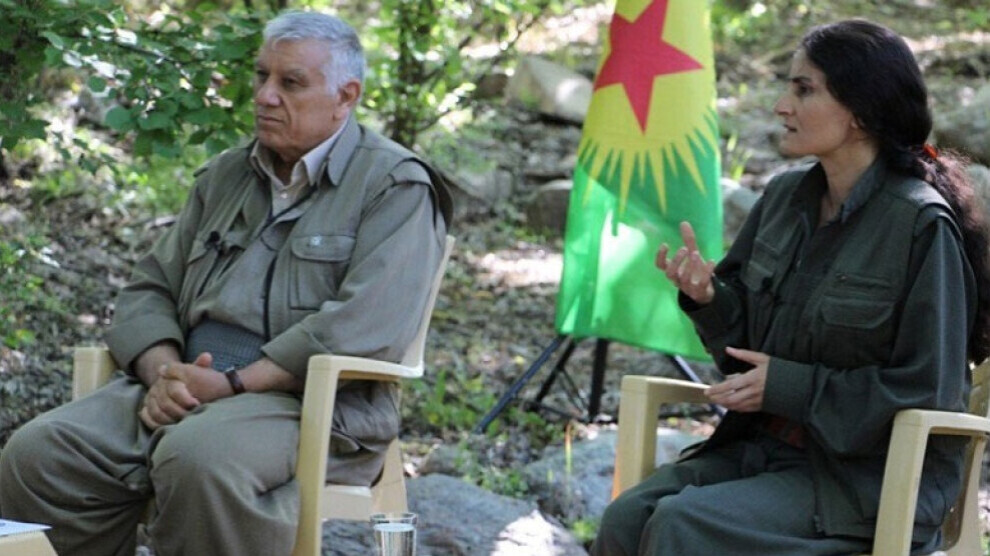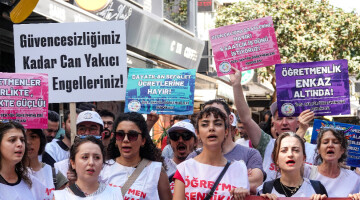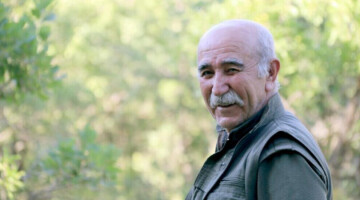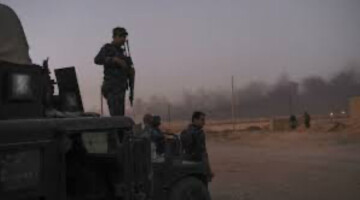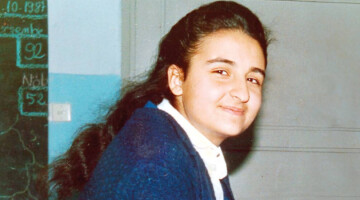The co-chairs of the Executive Council of the KCK (Community of Kurdistan Societies) issued a statement on the great hunger strike launched on 14 July 1982. The statement pays tribute those who died in prison resistance at the time and points out the significance of that action today.
The death fast was an action of historic proportions against the fascism of the military junta established by the military coup on 12 September 1980 and was instrumental in preserving people's hope for freedom to this day.
According to the KCK, the hunger strikers were aware that inhuman torture would be used to force them to capitulate and thus destroy the hope of the Kurdish people for liberation.
The KCK said: “They acted with this awareness and decided to carry out an action which big impact. Without a doubt, this decision was an expression of solidarity with the people and one's own responsibility. Without this awareness and sense of responsibility, they would never have been able to take this step. Therefore, the resistance of 14 July initiated a wide scope and important developments. The defining characteristic of this resistance was that it sought victory. (...) It was a political offensive of ideological character, which led to great results.”
The KCK continued: “It is now more important than ever to understand this resistance. It is important to understand what personality the activists had, what they felt and how great their love for the people was. Even when they carried out this great action as a necessity of their connection with the people and their historical responsibility, they said that they owed something to the people. They created the values we have today that make the impossible possible. They don't owe anything, we do. They themselves are monuments of humanity that deserve every recognition.”
Today's AKP/MHP government is the continuation of the former military junta, underlined the KCK leaders. The deep conviction with which the death fast was launched in 1982 can be found today in the resistance carried out by the guerrillas against the Turkish occupation. The resistance at that time was the cornerstone for the emergence of a guerrilla army and is still setting the course with which Turkish state fascism is to be smashed. If the struggle continues on the path set by the 14 July resistance, the AKP-MHP fascism will be crushed, Kurdistan will be liberated and Turkey and the Middle East will be democratized. On this basis, we call on everyone to understand the depth of the 14 July Resistance, to side with the fighting guerrillas and increase the struggle. Victory belongs to the peoples and women who fight for freedom with this spirit of resistance.”
Background: The prison resistance in Amed
After the military coup on 12 September 1980, a wave of repression and persecution struck through Turkey. Thousands of Kurdish and Turkish revolutionaries were arrested. Among the detainees were some founding members of the Kurdistan Workers' Party (PKK), who were being held in Diyarbakir prison, the 'hell of Amed'. They witnessed a series of barbaric and merciless practices. Violence, torture, abuse and humiliation, sexual violence, rape, psychological terror, beatings, electric shocks and being forced to eat dog excrement, were everyday events. The state systematically tried to break the prisoners’ Kurdish identity and ideology. All beliefs, ideals, dreams and utopias of the prisoners should be destroyed.
Many of the prisoners in Amed prison eventually gave up. However, some resisted torture and repression, one of them being PKK cadre Mazlum Doğan. On Newroz 1982, he lit three matches, put them on the table in his cell and took his own life. He left this message "Surrender is treason, resistance is victory."
Four PKK prisoners followed his action: On 18 May 1982, Ferhat Kurtay, Eşref Anyık, Necmi Öner and Mahmut Zengin set themselves on fire.
Less than two months later, on 14 July 1982, a death fast was launched in the “hell of Amed” led by PKK leading members Kemal Pir, Mehmet Hayri Durmuş, Akif Yılmaz and Ali Çiçek. They called for the "end of torture, military discipline and obligation to wear a prison uniform".
This action is considered the "first spark of resistance" and was not only directed against the conditions in the prisons, but was also a revolutionary sign to the people beyond the prison walls, in the villages and towns and to the left-wing movements to rouse the masses to encourage newcomers to fight against Turkey's oppressive regime.
55 days after the start of the death fast, PKK cadre Kemal Pir lost his life. He was 20. To this day he is celebrated as the embodiment of the radical and internationalist spirit of the movement and as a bridge between the struggles of Turkish and Kurdish people.
Mehmet Hayri Durmuş, Ali Çiçek and Akif Yılmaz also died during the hunger strike. Since then, the PKK has referred to the death fast as the "14 July Great Resistance".
As a result of the resistance, the era of Esat Oktay Yıldıran, senior officer of the prison, whose name was synonymous with torture, ended. Revolutionary Sakine “Sara” Cansız had spit on his face while she was sexually tortured.
Yıldıran was killed by PKK militants in Istanbul in 1987. Before the shooter fired the fatal shot, he said to Yıldıran: "Kemal (Pir) sends his regards."

